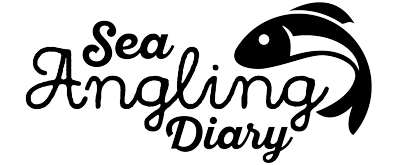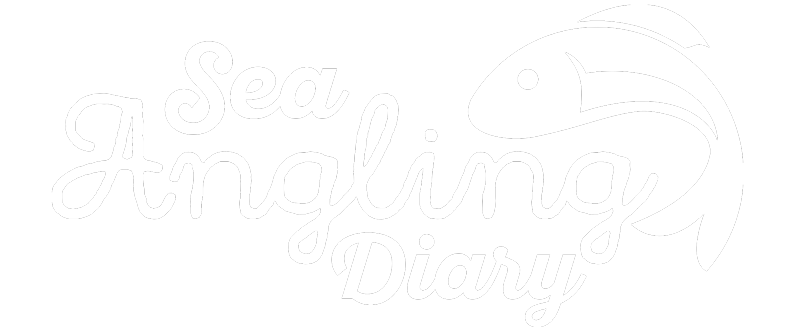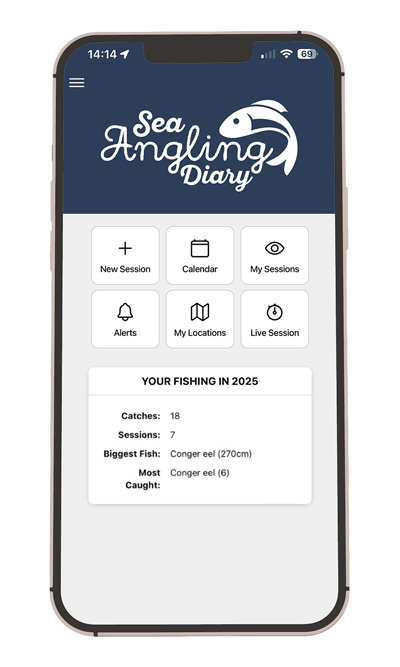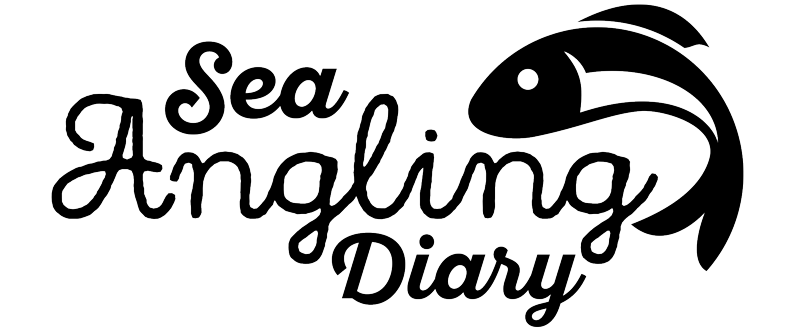Quite simply, the more people willing to take part, the better the quality of the information produced. And the more accurate the data, the better represented sea angling will be. It is a popular misconception that the absence of data would result in sea angling being ignored when fishery managers are considering how best to conserve fish stocks. In contrast, if there is evidence that a fish stock is in need of stronger conservation measures, management decisions may have to be based on a worst-case view where there are large uncertainties in knowledge of the fish stocks and what is being caught. If accurate information is available about recreational angling, those decisions will be based on what is actually the case. For this reason, it is in everyone’s interests to have accurate, verifiable data on sea angling so that it has a clearer picture of the state of stocks and sea angling’s value to the economy. This will facilitate working with sea angling bodies to develop more effective voluntary or regulatory conservation measures if needed, and to contribute more effectively to national and international policy development. In the longer term this can only be to the benefit of sea angling, particularly where there is a need to restore important recreational angling stocks to healthier and more productive levels.










Leave A Comment